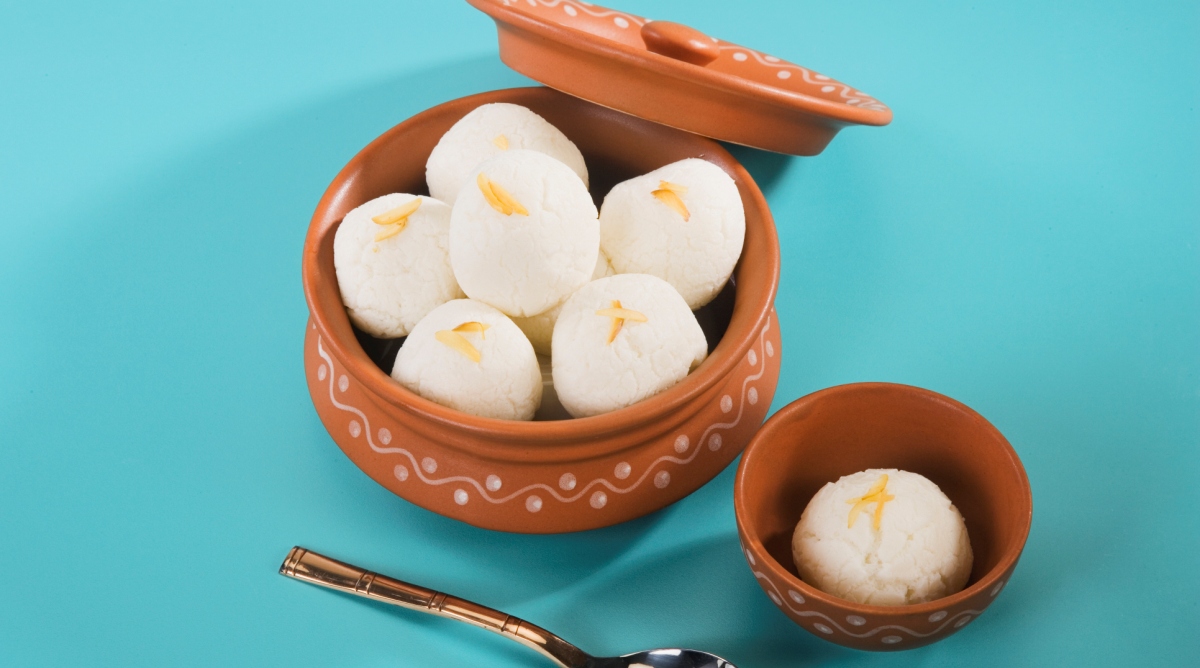On November 14, 2017, a long “battle” between West Bengal and Odisha came to an end, well sort of. The neighbouring states that were locked in a “bitter battle” over the origin of famous Indian sweet Rasgulla finally relented at a year ago when West Bengal got the Geographical Indication tag, or GI tag, for “Banglar Rosogolla”.
The Rasgulla GI came as a sweet victory for Bengal that is famous for its rosogolla, as Bengalis proudly call it.
Advertisement
While the world has usually associated rasgulla, or rosogolla, with West Bengal, Odisha has always claimed that the popular sweet originated in the land of Lord Jagannath.
The battle peaked in 2015 when the Odisha government launched a campaign #RasagollaDibasa to celebrate the origin of rasgulla.
What is a GI tag?
According to the World Intellectual Property Organisation, “A geographical indication is a sign used on products that have a specific geographical origin and possess qualities or a reputation that are due to that origin.” Darjeeling tea was the first product to get the GI tag in India.
Rosogulla has been one of the most known sweet delicacies in India. Described by famous British chef William Harold as “a bowl of sweet, syrupy, soft cheese balls”, the origins of the sugary sweet dish are however sticky.
Origin of Rasgulla
Odisha claims rasgulla has been a traditional offering to Goddess Lakshmi on the last day of the 11-day long Rath Yatra festival — a 700-year-old tradition. Called Pahala Rasagolla, it is different in appearance from its Bengali counterpart.
The Pahala Rasagolla is softer and light brown in colour. Named after a small village near Puri, Pahala Rasagolla, also known as Khira Mohana, was offered as a bhog item.
The story further claims that with the increase in the popularity of rasgulla, Odia chefs took the recipe to Bengal and that is how rasgulla came to West Bengal.
The Bengalis, however, refuse to believe it.
According to West Bengal, rasgulla was invented by Nabin Chandra Das, a very famous sweetmeat maker, in 1868. Das made rasgulla by adding chena and semolina into a bubbling sugar syrup. He originally tried to boil cheena balls in sugar syrup but since they disintegrated he later added reetha, which also helped in providing sponginess. Since then, the family has been selling its famous rasgullas across the globe.
Another tale suggests that rasgulla was actually invented by Haradhan Moira and was later popularised by Nabin Chandra Das.
The final verdict
While West Bengal did have a sweet victory, the GI tag came only for “Banglar Rosogolla” — the rasgulla that originated in Bengal, and not the general sweet dish.
The fight for Rasgulla is not entirely about cultural reasons and public sentiments. The commercial reasons are many. Whoever gets the GI tag for rasgulla will be able to cash in its “uniqueness”. Getting a GI tag would mean that the rasgulla made anywhere else is not as original.
In the meanwhile, West Bengal will observe November 14, 2018, as ‘Rosogolla Day.’ There will be different varieties of rosogollas being showcased in the stalls of the ‘Mishti Hub’ in one part of the Eco Hub in New Town area.
